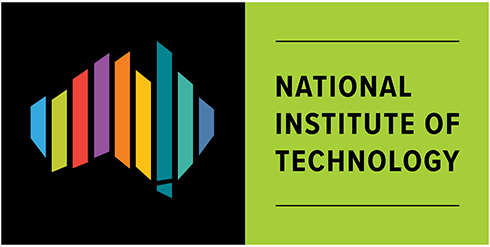EEA PYP
EEA Professional Year Program
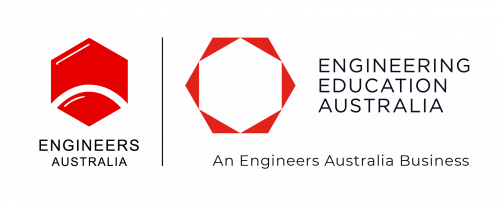
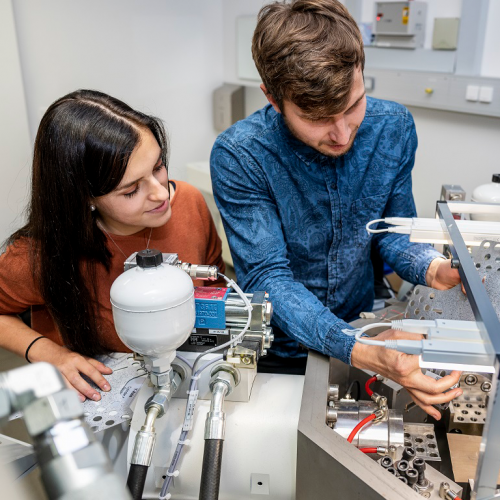
The NIT Difference
NIT’s Professional Year Program in partnership with Engineering Education Australia (EEA) is an exciting program designed to equip recent Engineering graduates with helpful skills. This prepares them for their career in the Engineering sector while paving the migration pathway for those seeking to make Australia their new home.
- Duration: 12 Months (Including 12 Weeks of Internship)
- Delivery Mode: Face-to-face (classroom based)
- Delivery Locations: Perth City, Darwin City, Melbourne City
Class Timings
Darwin
Saturday (8:30 am to 5:00 pm)
OR
Sunday (8:30 am to 5:00 pm)
Melbourne
Saturday (8:00 am to 4:30 pm)
Perth
Monday & Tuesday (4:30 pm to 8:30 pm)
OR
Saturday (8:00 am to 4:30 pm)
200+ Employer Organisations
NIT has successfully placed Professional Year participants in a variety of organizations from diverse industry sectors for internships.
Mining and Resources – Engineering – Government Departments – Healthcare – Education – Energy – Telecommunications – Building and Construction – Shipping and Maritime – Banking and Finance – Local Governments
Some of our valued internship host organisations are listed below

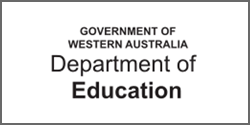

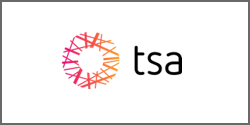
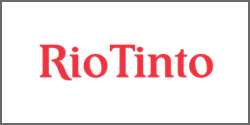
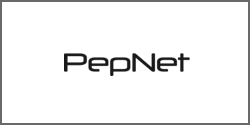


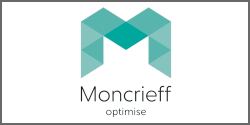
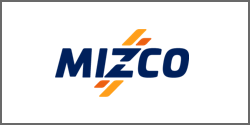
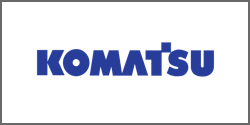


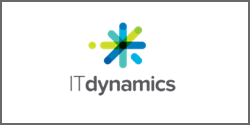
Program Structure
The Engineering Education Australia Professional Year Program (EEA PYP) program bridges the gap between full-time study and employment in Australia. This program will have components and topics covered in the face-to-face classroom delivery.
Program Components and Modules:
- Communication and Performance in the Australian Workplace (CPW)
- CPW1 – Performance in business meetings
- CPW2 – Workplace communication
- CPW3 – Presentations
- CPW4 – Business writing
- CPW5 – Reporting to managers
- Entry and Advancement in the Australian Workplace (EAW)
- EAW1 – Australian workplace culture
- EAW2 – Workplace relationships
- EAW3 – Professional Performance
- EAW4 – Prepare a tailored job application
- EAW5 – Interview preparation
- Professional Engineering Internship
- One of the most significant aspects of the EEA Professional Year program is an internship placement for a minimum period of 12 weeks and at least 456-480 hours (a standard work week between 38-40 hours) with an Australian company. We’ll seek to place you in a firm within your engineering discipline or area of practice, but we can’t always guarantee this. The internship is an unpaid ‘job-ready’ program. This provides practical support at the workplace experience within the engineering discipline in an Australian-based organisation.
Internship – 12 weeks, full-time and unpaid
One of the most significant aspects of the EEA Professional Year program is an internship placement for a minimum period of 12 weeks and at least 456-480 hours (a standard work week between 38-40 hours) with an Australian company. We’ll seek to place you in a firm within your engineering discipline or area of practice, but we can’t always guarantee this. The internship is an unpaid ‘job-ready’ program. This provides practical support at the workplace experience within the engineering discipline in an Australian-based organisation.
The work experience will give you a chance to:
- Observe and engage in real projects and day-to-day work, under the guidance of a supervisor.
- Develop professional and practical skills in your field.
- Understand what it means to apply your knowledge in a real work setting.
Entry Requirements
To enrol in the EEA Professional Year Program the applicant must meet the entry requirements. Please read the entry requirements provided below carefully:
1. Educational requirements
- An engineering degree at the level of Technologist or Professional Engineer completed within 4 years of the date of application, with a minimum of two years (94 weeks) study duration.
2. Visa requirements
Candidate must have applied for or been issued one of the following visas:
- Skilled Graduate (Temporary) 485 visa
- Bridging Visa A or C for an eligible visa type
- Skilled Recognised Graduate 476 visa
Visa conditions must grant full work and study rights. At least 12 months must be remaining on visa from the date the program starts. If applied for a Skilled Graduate (Temporary) 485 visa, then The candidate must have nominated an engineering ANZSCO code for migration purposes.
3. Proof of English language proficiency
- A current and valid English language test results from International English Language Testing System (IELTS), Pearson Test of English (PTE) or Test of English as a Foreign Language (TOEFL).
IELTS: an overall score of at least 6 and a minimum of 5 in each band (speaking, reading, listening and writing).
TOEFL: a total score of at least 64, with nothing below 4 for listening, 4 for reading, 14 for writing and 14 for speaking.
PTE an overall score of at least 50, with nothing below 36 in each of the four test components (listening, reading, writing and speaking).
- A current and valid English language test results from International English Language Testing System (IELTS), Pearson Test of English (PTE) or Test of English as a Foreign Language (TOEFL).
4. Must have a completed a successful Migration Skills Assessment through Engineers Australia, or provide MSA tax receipt from Engineers Australia if the outcome is still pending. The student cannot graduate without proof of a successful MSA outcome.
Resource Requirements
- All students studying at NIT are required to bring their laptops that meets the minimum system requirements specified in NIT’s Bring Your Own Device (BYOD) policy.
- Students also must have access to a high-speed internet connection – broadband wired or wireless (5G/4G/LTE) – The minimum bandwidth requirement is 10/3 Mbps (download/upload speed).
- Students are also required to bring their own notebooks, stationery and USB storage media. NIT may lend laptops to students for on-campus use only based on a first-come-first-served basis (Limited laptops available).
Before you apply
The EEA Professional Year Terms and Conditions.
The Code of Ethics and Guidelines on Professional Conduct, which defines the values and principles that shape the decisions made, and provides a framework for members of Engineers Australia to use when exercising their judgment, in engineering practice and as members of Engineers Australia.
Stage 1 competency standard for professional engineers is a document that sets out the entry-to-practice or stage 1 competency standards for assessment as a professional engineer.
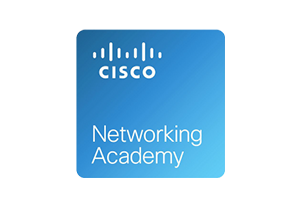
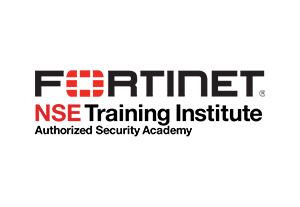
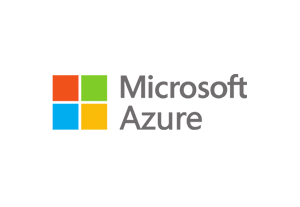
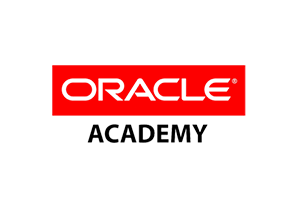

Testimonials
What our students say
about NIT Australia
My experience at NIT has been great. The trainers are always helpful and spot-on when responding to my questions in class, which I ask a lot since I really want to learn networking skills. As a student, I was working as an uber eats delivery driver and in between deliveries, I would spend my time applying for all work opportunities on seek app, which matched my profile. As a positive result, I got accepted for one of the positions that I applied for and now I work as a digital marketing coordinator at a private Australian company in Perth.

I am absolutely satisfied with my choice to join NIT Australia with the Diploma of Information Technology Networking and the upcoming Advanced Diploma of Telecommunications Network Engineering. I believe this is a great start for my career in Australia. Regarding the course structure, it is not only focused on theories but also provides a variety of practical activities. Especially, the trainers are knowledgeable, dedicated, responsive and helpful. They will not hesitate to answer any questions that could support students in class as well as in preparing for their professional careers. The staff always go above and beyond to support international students settling in Australia. I am thankful to be part of NIT Australia. I hope this will enrich my credibility and bring a competitive edge to my career.

Since I started my study program at NIT, I have been developing very important and exciting new skills, such as working with specific equipment and the physical infrastructure of internet connections. Most importantly, all trainers are very knowledgeable and talented, which has been making my experience incredible and unique. I can’t wait to continue having new adventures in this place, and learning as much as I can. I am sure that I have all the necessary tools and passion to thrive in the IT field. Within the next few years, I see myself as an empowered woman with high professional traits. With my Business Administration background and my Diploma in Information Technology, I believe that I will have the full set of skills to be an excellent professional and achieve great things in the job market. I invite all women to be part of our fight for gender equality. By pursuing our dreams, we help the world to grow and evolve. Just like everything, the world also needs a feminine touch.

I was studying at a different college which I didn’t enjoy and I was scared I may have the same experience at NIT, but it was the opposite when I came here which I am happy about. I never thought I would understand programming but gradually I am gaining more knowledge in this field better than I ever thought I would. The trainers work very hard to ensure students get the help we need and I feel like we are a part of a family here.

I am doing the Advanced Diploma of Telecommunications Network Engineering course to learn more about fibre technologies. Dense Wavelength Division Multiplexing (DWDM) technologies are going to be the future of Telecom. I am learning relevant information about how to manage fibre to complete an entire project using DWDM technologies. The trainers are fully prepared and highly competent, and well equipped with many years of experience in the mining sector developing telecom solutions. Classes are very interesting with a lot of content and resources. I would strongly recommend this course at NIT Australia to all students interested in future technologies in a dynamic environment.

I am very happy with the trainers and staff who have shown excellent support and kindness during my studies here at NIT. Elaine, the internship manager, is also working closely with me to prepare for the internship, which is arranged by NIT at no additional cost for IT students. I recommend NIT as this school listens to the student’s feedback and they make a lot of effort to continuously improve their services to students.

